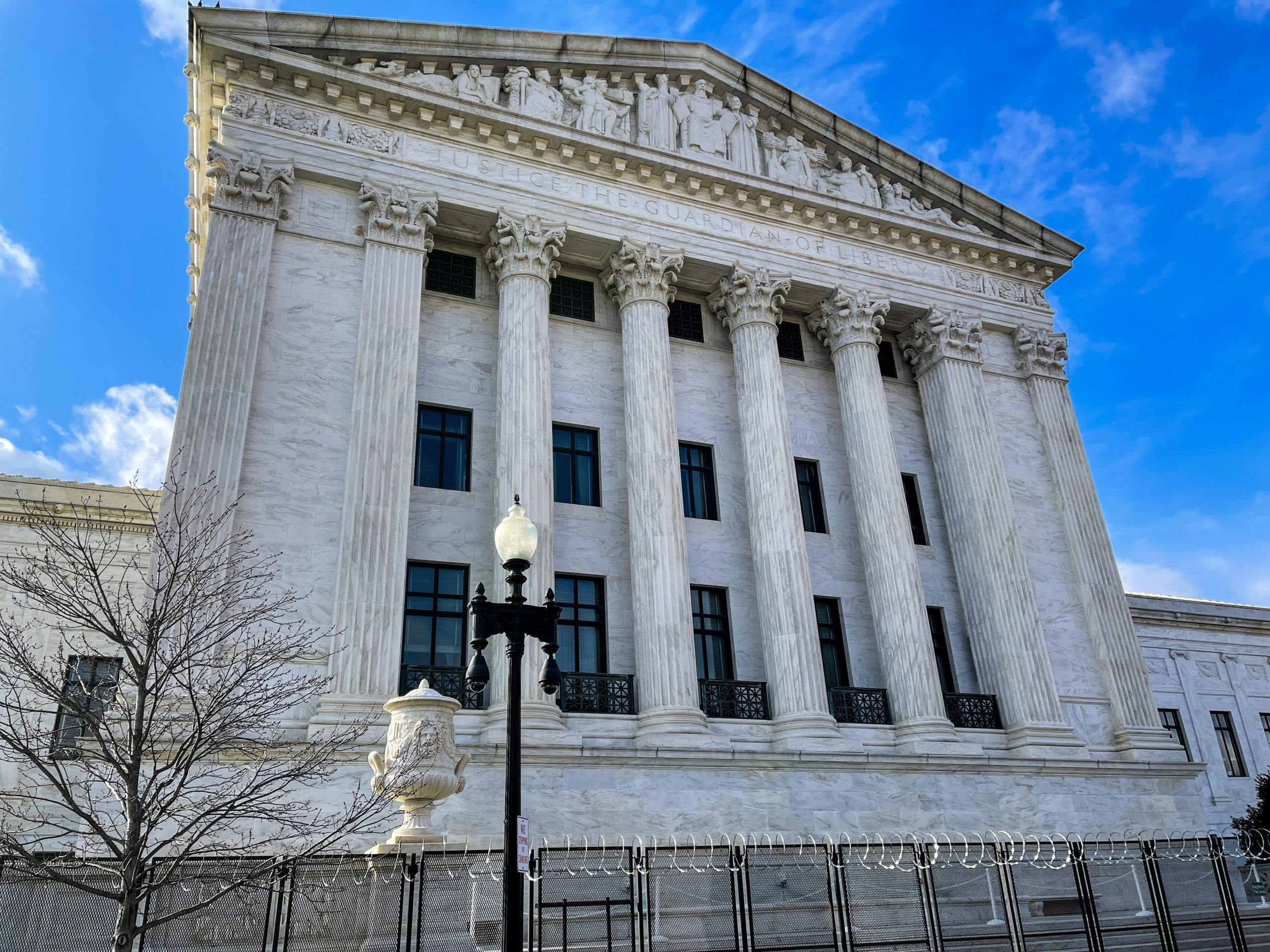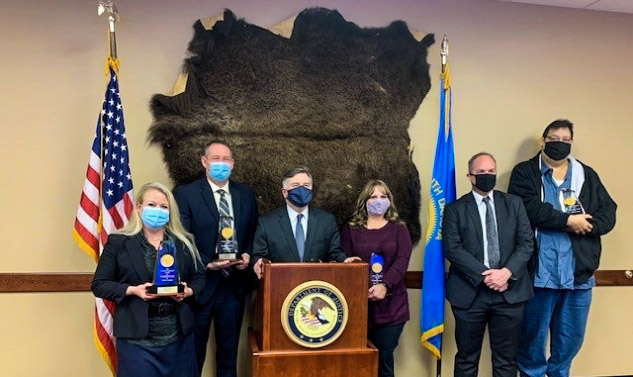Indianz.Com > News > Tim Giago: We need a Native American on the federal judge’s bench

Notes from Indian Country
We need a Native American on the federal judge’s bench
Wednesday, February 24, 2021
My newspapers started to complain about the lack of Native Americans as federal judges in the 1980s mostly because of a man who served on the Supreme Court way back then.
His name was William Hubbs Rehnquist and he was an American lawyer and jurist who served on the Supreme Court of the United States for 33 years, as an associate justice from 1972 to 1986 and as Chief Justice from 1986 until his death in 2005. Considered a conservative, Rehnquist favored a conception of federalism that emphasized the Tenth Amendment’s reservation of powers to the states. Under this view of federalism, the court, for the first time since the 1930s, struck down an act of Congress as exceeding its power under the Commerce Clause.
He had a special drawer where he filed cases he thought little of and told his law clerks he would get around to them if he found the time. In the drawer were cases involving Native American tribes and Indian issues, cases he referred to as “shit cases.” Unfortunately, Rehnquist’s feelings about Native American issues filtered all of the way down through the federal court system.
Finally Diane Joyce Humetewa, Hopi, was confirmed in 2014 as the first Native American woman and enrolled tribal member to serve as a federal judge, Humetewa is one of three Native Americans in history to serve in this position. She served as United States District Judge in Arizona. A seat as a federal judge is about to open in South Dakota and me and my newspaper, Native Sun News Today, plus many tribal leaders, highly recommend Sara Boensch Collins for that seat.

Tim Giago (Oglala Lakota) is the founder of the Native American Journalists Association and of Indian Country Today. Contact him at najournalist1@gmail.com.
Search
Filed Under
Tags
More Headlines
NAFOA: 5 Things You Need to Know this Week (March 31, 2025)
Chuck Hoskin: Cherokee Nation celebrates Cherokee women
Native America Calling: Tribal rights, a new restaurant and more are on The Menu
Native America Calling: Tribes vie for better access to traditional plants
Senate committee schedules confirmation hearing for Interior nominee
Fact Sheet: Department of Health and Human Services to undergo ‘dramatic restructuring’
Press Release: Department of Health and Human Services to undergo ‘dramatic restructuring’
Native America Calling: The new Social Security reality for Native elders
Montana Free Press: Hip-hop artist Foreshadow celebrates latest release
Cronkite News: Bill creates alert system for missing and murdered relatives
Bureau of Indian Affairs approves HEARTH Act regulations for Mohegan Tribe
House Subcommittee on Indian and Insular Affairs sets field hearing for self-determination anniversary
Native America Calling: Sometimes, COVID doesn’t go away
Native America Calling: The changing landscape for subsistence hunting and fishing
Press Release: AIHEC ‘deeply concerned’ about closure of Department of Education
More Headlines
Chuck Hoskin: Cherokee Nation celebrates Cherokee women
Native America Calling: Tribal rights, a new restaurant and more are on The Menu
Native America Calling: Tribes vie for better access to traditional plants
Senate committee schedules confirmation hearing for Interior nominee
Fact Sheet: Department of Health and Human Services to undergo ‘dramatic restructuring’
Press Release: Department of Health and Human Services to undergo ‘dramatic restructuring’
Native America Calling: The new Social Security reality for Native elders
Montana Free Press: Hip-hop artist Foreshadow celebrates latest release
Cronkite News: Bill creates alert system for missing and murdered relatives
Bureau of Indian Affairs approves HEARTH Act regulations for Mohegan Tribe
House Subcommittee on Indian and Insular Affairs sets field hearing for self-determination anniversary
Native America Calling: Sometimes, COVID doesn’t go away
Native America Calling: The changing landscape for subsistence hunting and fishing
Press Release: AIHEC ‘deeply concerned’ about closure of Department of Education
More Headlines